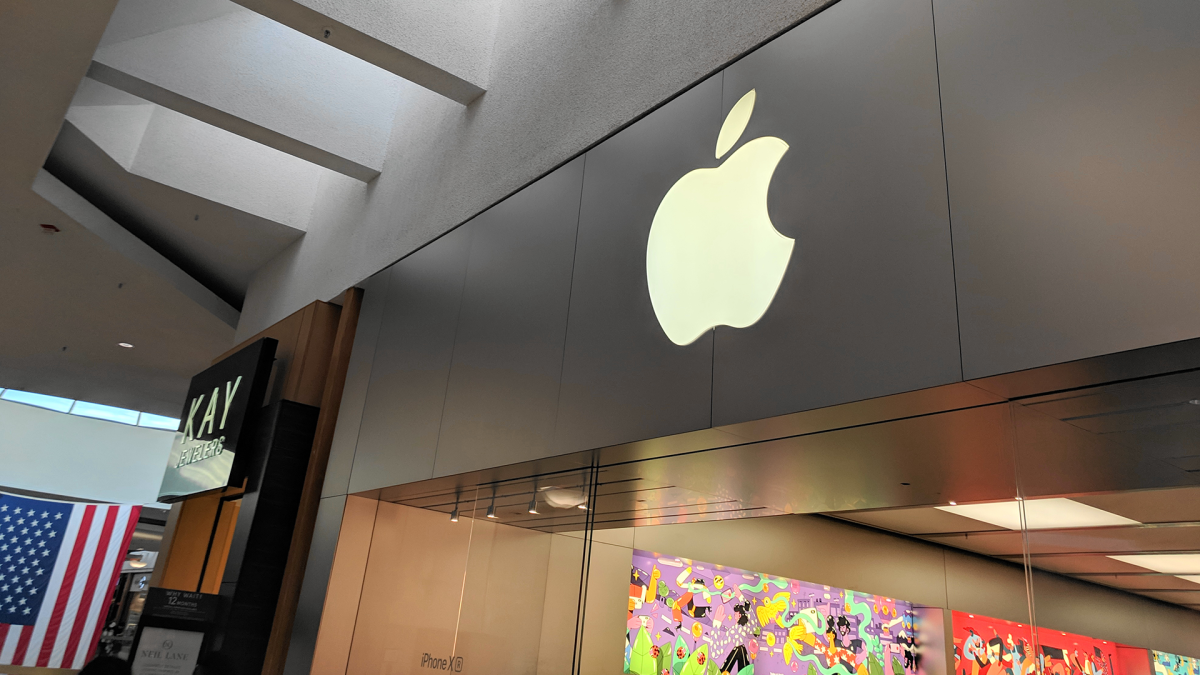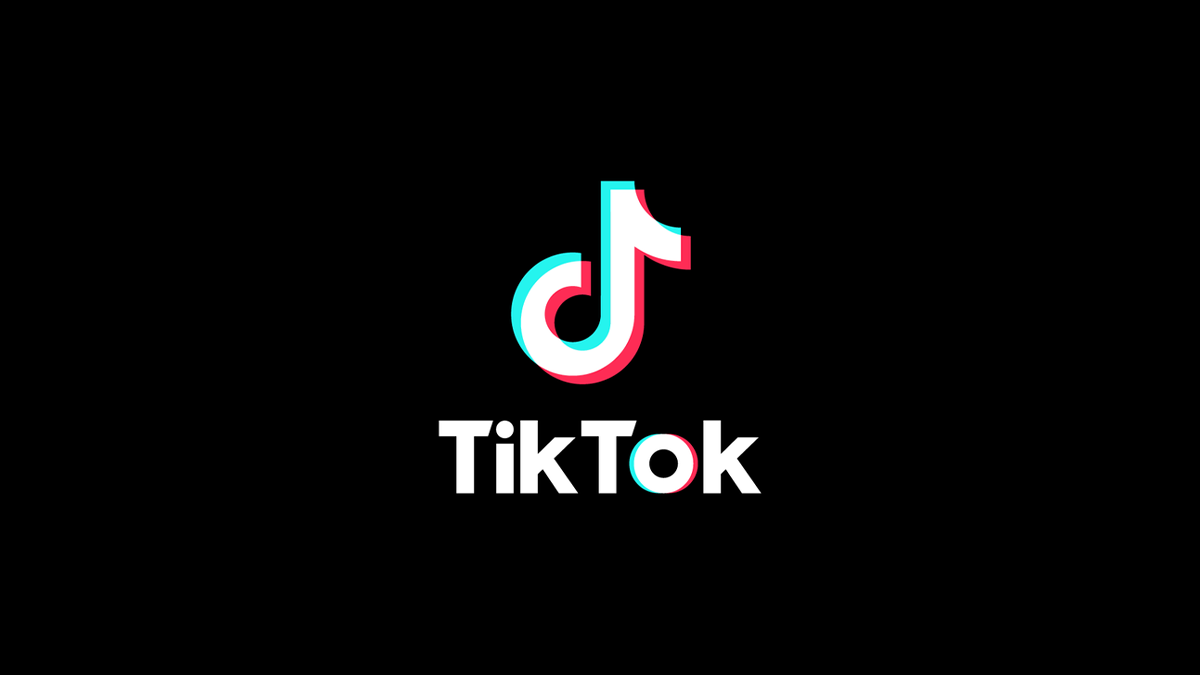A California court ruled today that Apple must permanently allow developers to include third-party in-app purchase methods, such as links to their own websites, on iOS apps as a part of its final decision in the hallmark Epic Games v. Apple court case that was argued in May.
U.S. District Court for the Northern District of California judge Yvonne Gonzalez-Rogers issued a 185-page permanent injunction today, explaining her ruling and thoughts on the case. She said the court could not rule that Apple is a “monopolist” under state or federal antitrust law, as Epic argued. But she did say the court found that Apple has practiced anti-competitive behavior under California law.
“The court cannot ultimately conclude that Apple is a monopolist under either federal or state antitrust laws,” Gonzalez-Rogers wrote. “Nonetheless, the trial did show that Apple is engaging in anti-competitive conduct under California’s competition laws.”
Prior to the ruling, Apple began to pivot away from its strict in-app purchase rules, which previously barred developers from linking to their own websites to allow for sign up. Apple announced on Sept. 1 that after an investigation into its practices by the Japan Fair Trade Commission, it’d allow for some apps—such as Netflix, Spotify, and Kindle—to directly link to their own purchase pages in their iOS apps beginning next year.
At this time, users can sign up outside of the Apple ecosystem for these services and then log in to their accounts. But if they purchase a subscription or any other in-app purchase via an iPhone or iPad app, the developers will be charged a 20-percent cut for subscriptions and a 30-percent cut for other purchases. That’s drawn fire from developers like Epic, who sued Apple last year, and Spotify, who’s filed a complaint against Apple with European regulators.
The ruling comes a year after Epic and Apple butted heads when Epic intentionally integrated its own in-app purchase system in an update to the mobile version of Fortnite. Shortly after, Apple banned Fortnite from the App Store. Epic also provoked Google by doing the same push to Android devices and was subsequently banned from the Google Play Store as well.
Epic filed suit against Apple within hours and rolled out a public relations campaign, internally dubbed “Project Liberty,” that included a mock video of Fortnite characters recreating the 1984 Super Bowl ad Apple created to provoke IBM, then its biggest competitor in personal computers. After that video was released, Epic put out a Fortnite skin with an apple for a head.
It then also went on the press offensive against both Apple and Google, calling the companies anti-competitive and co-founding the Coalition for App Fairness alongside Spotify, Basecamp, and Match Group, the parent of dating apps Match.com, OkCupid, Tinder, Hinge, and Bumble.
The trial between Epic and Apple took place across most of May, with top executives from the companies, including Epic CEO Tim Sweeney and Apple CEO Tim Cook, taking the stand.













Published: Sep 10, 2021 11:24 am